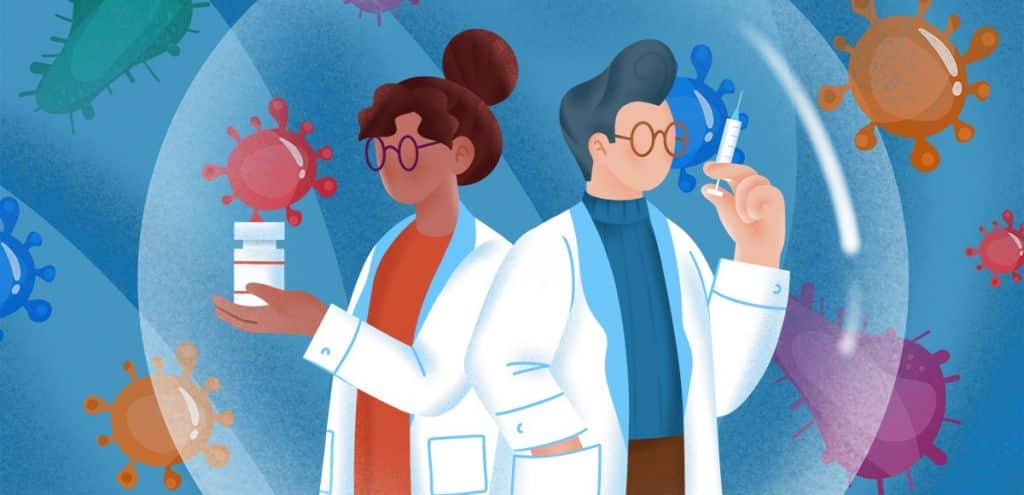In a significant step in the fight against tropical disease, the mosquito-borne viral disease chikungunya may become preventable with a new vaccine candidate from French biotech Valneva that just passed phase III trials.
The results of the phase III trial revealed that a single dose of the live attenuated vaccine developed by Valneva induced the production of neutralizing antibodies in 98.5% of volunteers out of a total of 4,115 people.
There is just a whiff of controversy to a trained ear in those results. The gold standard for vaccine efficacy are randomized efficacy trials in an outbreak area where the percentages of vaccinated and placebo-injected volunteers can be measured and compared, says Scott Weaver, the scientific director of Galveston National Laboratory in Texas, US, and an expert on tropical viruses.
“With very little surveillance for chikungunya in potentially suitable locations, and considering the sporadic and unpredictable nature of outbreaks, a traditional design of a phase III clinical trial would be very challenging,” said Weaver, who was not involved in Valneva’s trial.
“Fortunately, there is very good evidence that neutralizing antibodies generated by vaccination predict and provide protection, so the regulatory authorities are likely to grant preliminary approval based on this correlation of protection.”
Valneva’s CEO Thomas Lingelbach stressed that the FDA has approved the surrogate endpoint before starting the phase III trial, based on data from previous studies.
Valneva, which claims the lead in a race to bring the first chikungunya vaccine to market, estimates the global market for such a vaccine will reach over €420M by 2032. In the meantime, the vaccine candidate “could be a game-changer for travelers, military personnel and individuals at risk living in tropical regions that have been limited to non-treatment interventions such as employment of insecticides, wearing long sleeves and pants, and other means to restrict exposure to vector mosquitoes,” Lingelbach told me.
Chikungunya is typically a non-fatal disease that can cause debilitating symptoms such as fever, rashes, chronic joint and muscle pains, and headaches that take months and sometimes years to resolve. It spreads very rapidly, making it very hard to predict or control outbreaks; infected mosquito bites transmit the virus in nearly 100% of cases and it has been known to infect up to 75% of the population in areas affected during an outbreak.
Several attempts to create a chikungunya vaccine since the 1960s have failed to bring a licensed shot to the market. In recent decades the virus has shown a tendency to mutate and to cause more severe symptoms while its geographical spread has expanded due to climate change, habitat destruction, and global travel.
This is a pattern affecting other tropical infectious diseases that are collectively known as neglected tropical diseases, which currently affect more than a billion people worldwide. In recent years, some progress has been made: a malaria vaccine has shown early promise in a phase I trial while the release of mosquitoes infected with a bacteria has curtailed dengue transmission by 77% in test areas. An equine encephalitis vaccine candidate is also in the works. The vast majority of NTDs, however, remain understudied.
“We have seen recent resurgences of yellow fever in Brazil and Africa despite a safe and effective vaccine developed over 80 years ago,” Weaver added. “Inadequate surveillance, vaccine supplies and vaccine coverage, as well as growing insecticide resistance in many vector populations are some of the reasons.”





